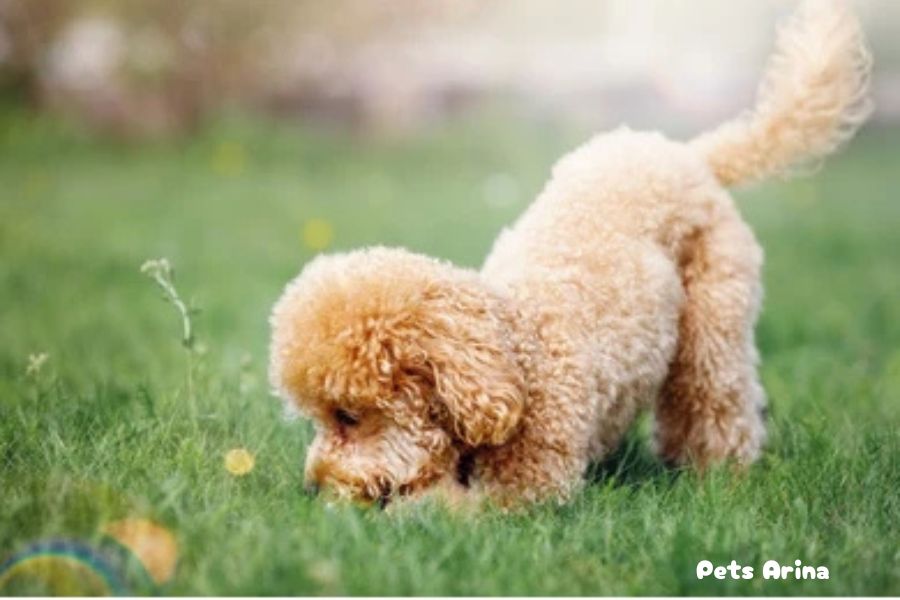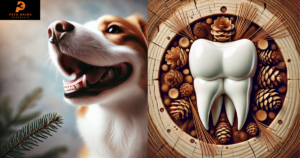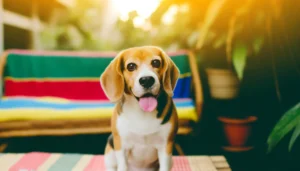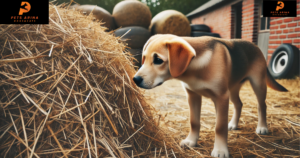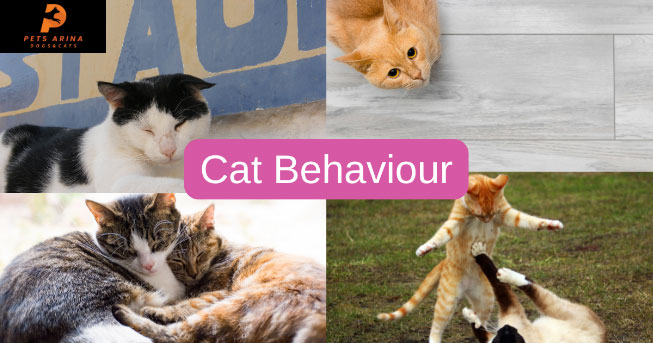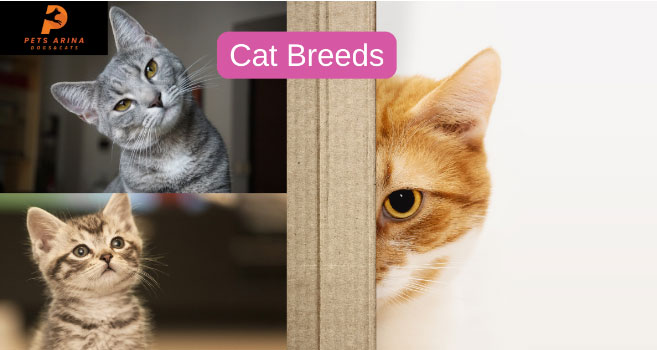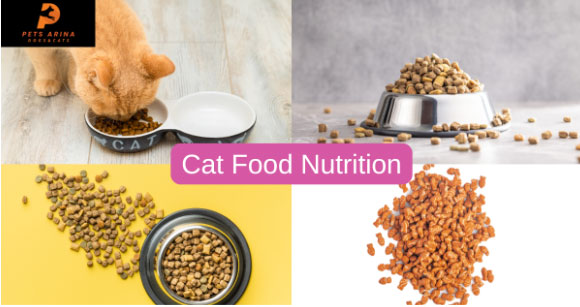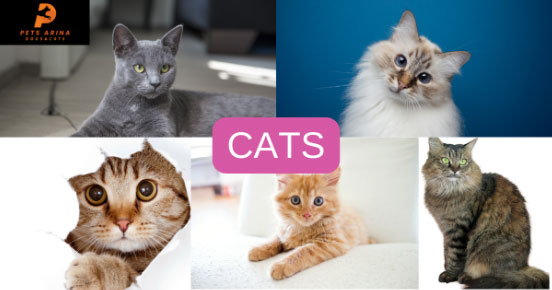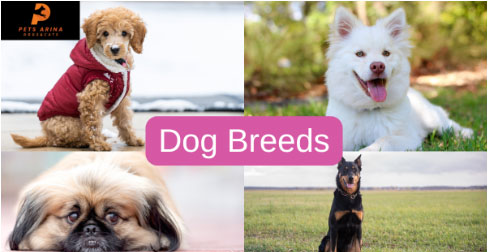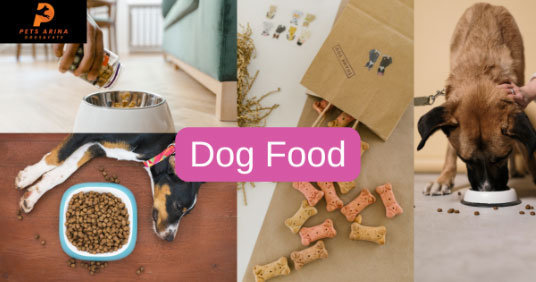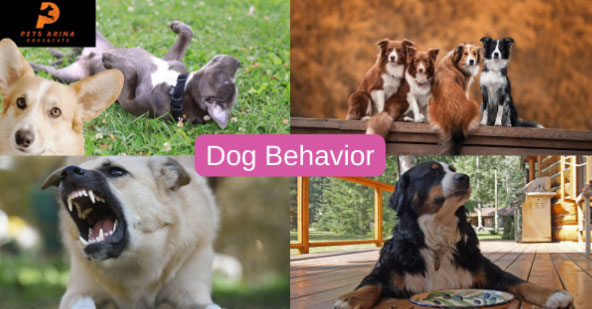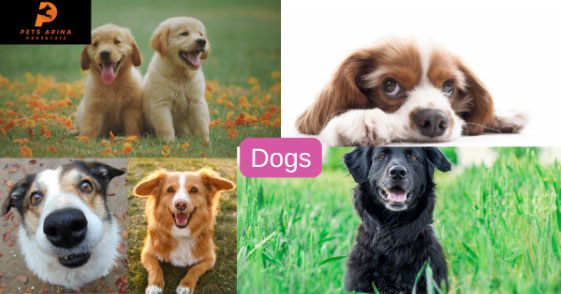Every poodle owner will likely observe their dog munching on grass at least once. This seemingly odd behavior is common not just in poodles but across all dog breeds. While it might appear unusual, grass-eating is often part of a dog’s natural instincts.
So, why do poodles eat grass? The reasons can range from dietary deficiencies to boredom, digestive issues, or simple curiosity. In this article, we’ll delve into research-based insights to uncover the truth about this behavior, whether it’s safe, and when to be concerned.
5 Reasons Why Poodles Eat Grass
1. Grass Tastes Good
One possible reason for grasseating is that some poodles simply enjoy the taste. Dogs are curious animals that explore their environment through their senses, and for some, fresh grass may be appealing.
Interesting Fact: Grass contains natural sugars, particularly during the early stages of growth. This sweetness might attract dogs. Studies suggest that dogs prefer young, tender grass, which tends to be softer and sweeter.
2. Natural Instinct and Evolutionary Behavior
Grass-eating is likely a behavior inherited from wolves, the ancestors of modern dogs. Wolves consume plant material found in the stomachs of their prey, and this tendency has persisted in domestic dogs like poodles.
Research Insight: A study published in Applied Animal Behaviour Science found that grass-eating is widespread among domestic dogs, with 68% of surveyed dogs engaging in this behavior regularly.
3. Your Poodle Is Bored
Poodles are intelligent, energetic dogs that thrive on physical and mental stimulation. When left without sufficient activity or interaction, they may resort to grass-eating as a way to entertain themselves.
Key Data: Behavioral experts note that dogs left in backyards with minimal stimulation are more likely to develop repetitive behaviors, including chewing on grass.
4. Your Poodle Has an Upset Stomach
One of the most common reasons for grass-eating is to soothe digestive discomfort. Grass contains fiber, which can help regulate bowel movements, and its rough texture may trigger vomiting, helping dogs clear their stomachs.
Scientific Evidence: A study from the University of California found that only 22% of grass-eating episodes led to vomiting. This suggests that while some dogs use grass to induce vomiting, many eat it for other reasons.
5. Your Poodle Needs More Fiber
Fiber is an essential nutrient for a dog’s digestive system. A lack of dietary fiber may cause constipation or irregular stools, leading poodles to seek alternative sources, like grass.
Nutritional Insight: Grass contains insoluble fiber, which aids in digestion. If a dog’s diet lacks adequate fiber, they may instinctively consume grass to supplement this deficiency.
Fiber-Rich Foods for Poodles:
- Carrots
- Pumpkin
- Green beans
- Broccoli
- Peas
- Apples (without seeds)
Adding these foods in moderation can help meet your poodle’s fiber needs.
6. Dietary Deficiencies
Sometimes, grass-eating signals a lack of essential nutrients like vitamins or minerals. Dogs consuming low-quality food or an unbalanced diet might instinctively turn to grass in an attempt to correct these deficiencies.
Pro Tip: Feeding your poodle high-quality commercial dog food with labeled nutritional content ensures they receive all necessary nutrients. Consult your vet if you suspect your dog’s diet is lacking.
See also: Denise Frazier Dog – The Case
Why Did My Poodle Eat Grass and Then Throw It Up?
When a poodle eats grass, the rough texture and fibrous content can irritate their stomach lining, triggering the vomiting reflex. This can help them expel harmful substances or relieve digestive discomfort.
Fact: Grass contains silica, a natural irritant that can stimulate the stomach, leading to vomiting. While this reaction is beneficial for dogs with minor stomach issues, frequent vomiting should be evaluated by a vet.
Signs to Monitor:
- Persistent vomiting or diarrhea
- Lethargy or loss of appetite
- Blood in vomit or stools
If these symptoms occur, consult your veterinarian immediately.
Is It OK to Let Your Poodle Eat Grass?
Allowing your poodle to eat grass is generally safe, provided it’s done in moderation and under the right conditions. However, there are some risks associated with grass-eating:
1. Pesticides and Chemicals
Grass treated with pesticides, herbicides, or fertilizers can be toxic. Always ensure your poodle only eats untreated grass, preferably in your yard.
2. Parasites
Grass can harbor parasites like roundworms or hookworms, which may infect your dog. Regular deworming and vet check-ups are essential.
3. Digestive Blockages
Large amounts of grass can cause blockages in a dog’s digestive tract. Discourage excessive grass consumption to avoid complications.
Should You Take Your Poodle to the Vet for Eating Grass?
While occasional grass-eating is harmless, there are instances where veterinary intervention is necessary:
- Frequent vomiting or diarrhea: This could indicate underlying gastrointestinal issues.
- Dietary concerns: If you suspect your poodle isn’t getting enough fiber or nutrients.
- Chemical exposure: If your dog consumes grass treated with harmful substances.
- Signs of illness: Symptoms like lethargy, weight loss, or abdominal pain warrant immediate attention.
FAQs About Poodles Eating Grass
1. Is it normal for poodles to eat grass?
Yes, grass-eating is a common behavior among poodles and other dogs. It’s often instinctual and usually not a cause for concern.
2. Why does my poodle vomit after eating grass?
Grass can irritate the stomach lining, causing vomiting. This reaction helps expel unwanted substances or soothe mild digestive discomfort.
3. Can I stop my poodle from eating grass?
Yes, you can discourage grass-eating by providing a balanced diet, mental stimulation, and alternatives like chew toys. Training and redirection techniques can also help.
4. Is grass harmful to poodles?
Grass itself isn’t harmful, but treated grass or grass containing parasites can pose risks. Always supervise your poodle while grazing.
5. What alternatives can I offer my poodle?
Offer dog-safe vegetables like carrots or celery, and invest in durable chew toys to keep your poodle entertained.
Conclusion
Poodles may eat grass for various reasons, including boredom, dietary needs, or an upset stomach. While this behavior is often harmless, excessive grass-eating may indicate an underlying issue requiring attention.
By ensuring your poodle has a balanced diet, ample exercise, and mental stimulation, you can minimize grass-eating behavior and promote their overall well-being. Always consult your vet if you have concerns about your poodle’s health or habits.

